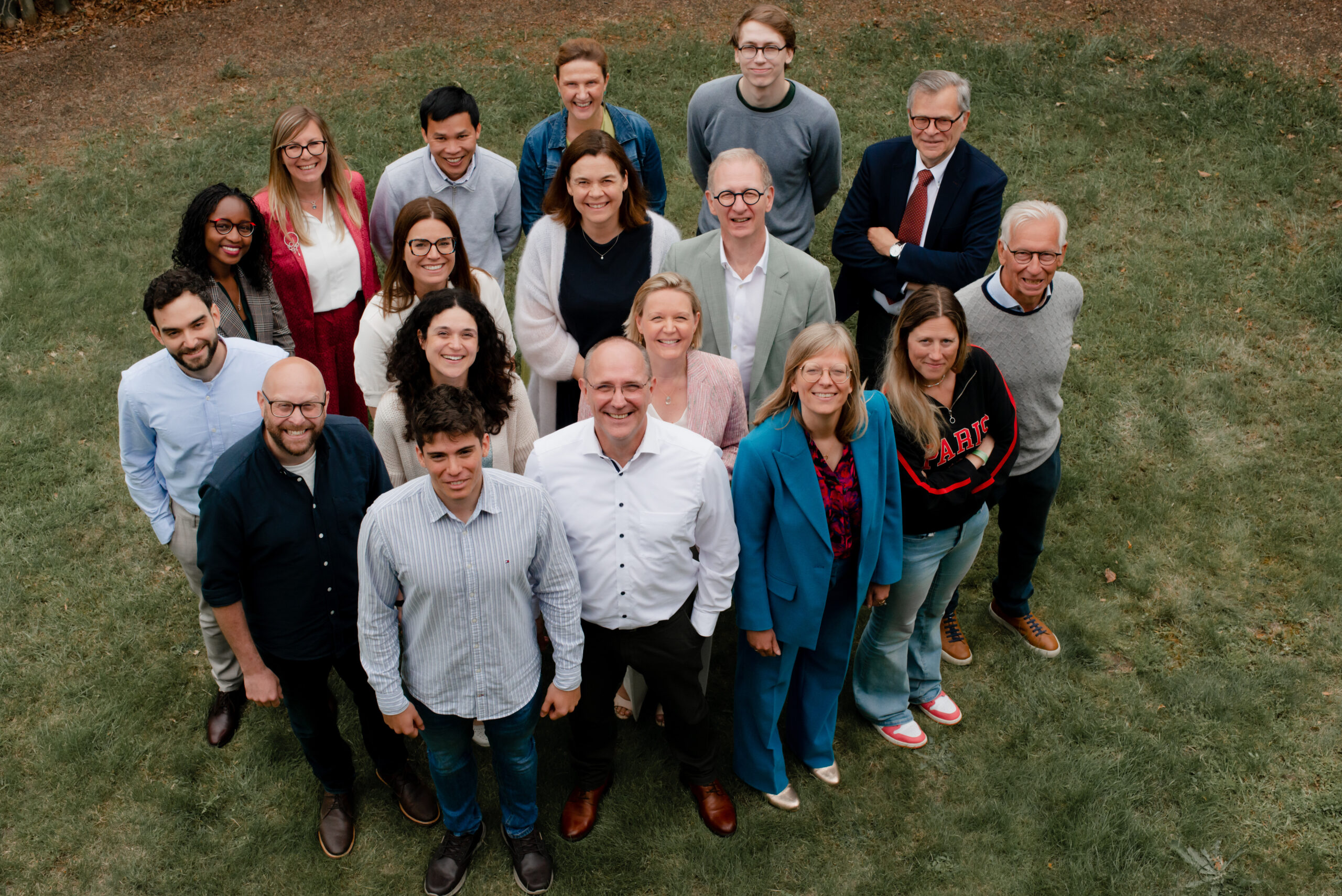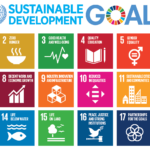Challenge of Plastics Recycling: where REACH meets circular economy!
Setting the stage for plastic recycling
To achieve a circular economy and in response to the challenge of plastic waste, several research and business initiatives have been launched for plastic recycling. The initiatives can be as simple as reusing the plastic article or more complex through mechanical recycling, chemical recycling or as a one-time recovery the recycling of plastic into fuels.
 Which process that’s the most appropriate depends on different factors but common to all is that at a certain point in time the plastic exits the waste stage to be put back on the market as a product. Regulatory wise, the plastic is managed in the waste stage by the waste frame directive and as a product by REACH and other legislation controlling products put on the market. While in some rare cases the product put on the market is an article in the meaning of REACH, in most cases a substance or mixture of substances is put on the market. While in the first case only a limited aspect of the REACH legislation come into play, in case a substance is put on the market, the impact of REACH can be significant.
Which process that’s the most appropriate depends on different factors but common to all is that at a certain point in time the plastic exits the waste stage to be put back on the market as a product. Regulatory wise, the plastic is managed in the waste stage by the waste frame directive and as a product by REACH and other legislation controlling products put on the market. While in some rare cases the product put on the market is an article in the meaning of REACH, in most cases a substance or mixture of substances is put on the market. While in the first case only a limited aspect of the REACH legislation come into play, in case a substance is put on the market, the impact of REACH can be significant.
While the overall purpose of REACH is to protect humans and environment, recycling and recovering waste is a key element in the transition from a linear to a circular economy. In that sense, a regulatory burden such as REACH may impact the level of recycling of materials.
Some of the main issues to take into account when recycling plastics are:
- When does waste ends being waste?
- Obligation for registration of the monomers in the plastic: when are exemptions applicable?
- Presence of SVHC in the waste fraction.
- Authorisation and waste recycling.
While recycling of plastics may look the same as any other recycling process, the nature of the substance as a polymer including the various additives used, puts an extra layer of complexity to manage in case of recycling. The split between the regulation on waste and for products is not helpful in overcoming this complexity.
What can be done?
Apeiron-Team has supported companies in this business in the past. Supporting them in the design of the recycling process in such way that the regulatory burden to recycle plastic is managed. This implies that the end of waste position for the process is clearly identified and motivated and that the REACH obligations are checked and complied with. Important is to have a good understanding of the substance identity so that the recycler can make use of the Registration exemption.
The possible presence of SVHC, or other hazardous substances can be evaluated through various means but needs to be a well controlled process to assure compliance of the recycled product with obligations regarding the use and putting on the market of substances containing SVHC. In this matter, communication with the waste supplier can be of key importance and was supported by Apeiron-Team.
Relevant Apeiron Services
Check-out our other services and stories on REACH, sustainability and circular economy.
REACH registrations
REACH Strategic advice
Circular Economy
Contact our expert

Posted by
Elke Van Asbroeck
Contact Our Expert.
Like the sound of Apeiron?
We'd love to know more about you! We are always looking for people who are driven by passion.


